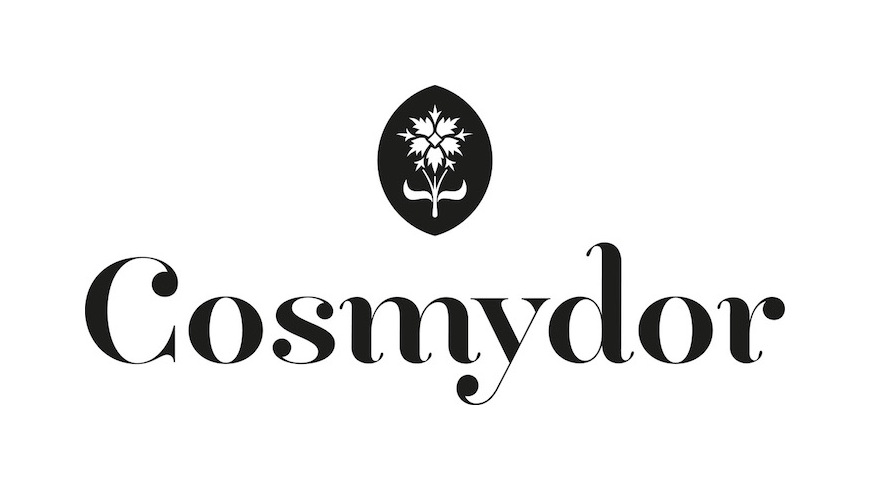MAKE ARTS BEAT AI-DRIVEN HOMOGENEITY
OpenAI's attempt at a new design for the Eiffel Tower
All blogs are looking increasingly similar.
All cosmetics brands are looking increasingly similar.
All coffee shops are looking increasingly similar.
The list is endless, and there is a rational motive behind it: those in charge of creating and validating content and designs have been too influenced by algorithms, and now by AI.
I don’t know if you see it too, but now LinkedIn’s AI is asking me to write articles on terribly tedious topics.
We are entering an area of boringness if we rely on technology only for creation.
AI plays on a weakness in what “new” really means and looks like for the human eye – according to the Oxford English Dictionary: “Not previously existing; now made or brought into existence for the first time”. AI-generated content looks new, in the sense of something which has not been seen before – but it is nothing more than the weighted average of what has existed and was fed to the system. Every shape, colour or word choice generated by AI derives from something designed or written by human beings in the past.
AI-generated content has the taste of newness, it smells like newness, but it is the opposite of newness, in the sense of true creation.
We have already been suffering from #fakenews, now is the time for #fakenew.
AI text, video and image generation is extremely impressive but amounts so far to a form of clever and systematic multi-plagiarism. Plagiarism is not new either: it has existed since Ancient Greece and Rome - interestingly at the time it did not require a special term to describe the process: “stealing” / ”theft” / ”thief” were employed instead. Deep neuron networks and machine learning build an industry out of it.
No technophobia here: AI’s benefits will be incomprehensible in areas such as energy, health, transportation, etc.
But please leave our eyeballs free of dehumanised creation. What is the interest of living in a Matrix? Do we need an AI-generated 10th symphony by Beethoven? No: 9 is sufficient, and then let it be followed by romantic composers. Will it even be possible to generate it one day? I would bet never, when we already see how different the 9th is from the previous ones and any other piece, with choir and solo voice added for the first time in symphonic history. An AI would only be able to generate more of the same.
The best antidote to AI-driven homogeneity is very well comprehended and is the source of much of human progress: the arts.
Arts work by incremental changes added to the layer of what was devised by previous generations of artists. It may or may not be enabled by new technical tools available (e.g. material, pigments, instruments, computers). This ability to go further and produce something unheard or unseen before is actually what defines artistic genius. Modernism, cubism, dodecaphonic music, were built on previous expressions but were creative breakthroughs.
Why could not they be the brainchildren of artificial neural networks? For one, unavoidable, irreducible reason: the Gaudi, Picasso or Schoenberg of our humanity not only mastered the techniques of the past and of their time and stretched them, but more importantly they were keen to express their emotions in new ways. No software will ever decide or want to express their feelings and will start to look for new routes to do it. Without a dose of pain, or frustration, or love, there is no possibility of creating new emotional channels which will mesmerise the rest of us, and make us reflect on or discover our own pain, or frustration, or love.
According to Goldman Sachs, global investment in AI in 2025 will amount to $200bn. Only is a small share of this earmarked to text, video and image generation, but still, it is worth wondering if the world would not be a better place if similar amounts were invested in arts instead.
Why does it seem more profitable to build new technical capacities, when art forms create potentially infinite value, both financial and social? Shouldn’t beauty be a political, economic and social priority?
In a country like France, politicians are attempting to build a “start-up nation” by investing massively in tech, but they keep forgetting the country’s first industry and payment balance contributor is tourism, which is a direct by-product of Mona Lisa and Notre-Dame.
No AI would have been able to design Paris’s architectural skyline and add there something as improbable as the Eiffel Tower. Because no AI will ever have the vision, ambition, and endeavour of a Gustave Eiffel.

